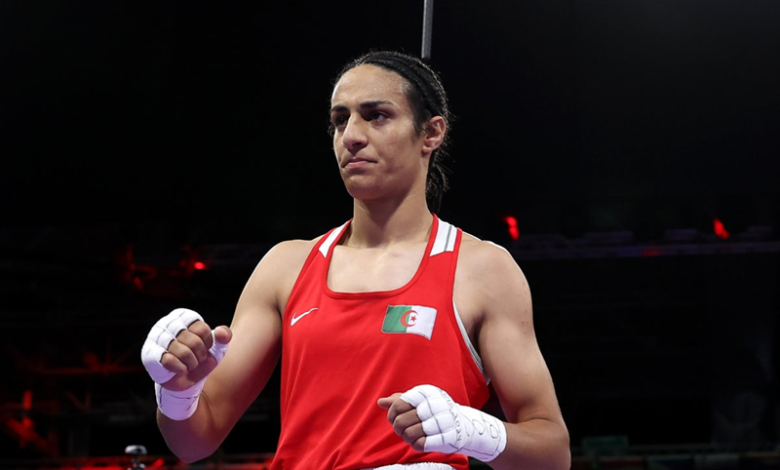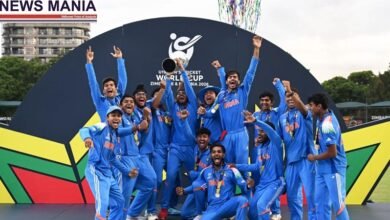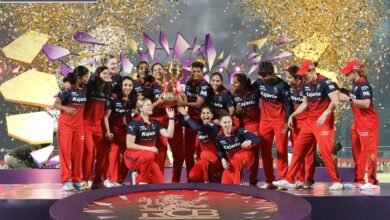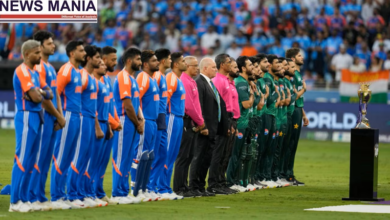Imane Khelif: Algerian Boxer at the Heart of Gender Controversy at Paris Olympics

News Mania Desk/Agnibeena Ghosh/4th August 2024
Algerian boxer Imane Khelif is currently at the center of a significant controversy at the Paris Olympics, primarily due to questions surrounding her participation in the women’s 66kg boxing category. The debate intensified following a match where Khelif faced Italian boxer Angela Carini, who withdrew after just 46 seconds, citing safety concerns. This situation has ignited discussions about Khelif’s eligibility and sparked comparisons to previous controversies she has faced.
Imane Khelif, a 25-year-old from Tiaret, Algeria, is not new to high-stakes competition, having made her professional boxing debut in the 2018 World Championships, where she finished 17th. In the 2019 World Championships, she placed 19th. Khelif competed in the Tokyo 2021 Olympics but was eliminated in the quarter-finals by Ireland’s Kellie Harrington. Despite this setback, she has demonstrated considerable success, securing gold medals in the 2022 African Championships, Mediterranean Games, and the 2023 Arab Games.
The controversy surrounding Khelif is not unprecedented. Her participation in the 2023 World Boxing Championships in New Delhi was marred by allegations related to gender eligibility. The International Boxing Association (IBA) disqualified Khelif, citing DNA tests that revealed XY chromosomes, which led to accusations of deceit regarding gender. The Algerian Olympic Committee described her disqualification as being due to “medical reasons,” while local media suggested it was due to elevated testosterone levels.
Khelif responded vehemently to her disqualification, accusing opponents of conspiring against Algeria’s chances of winning gold. Despite these claims, the International Olympic Committee (IOC) has maintained that Khelif’s participation in the Paris Olympics is legitimate. According to IOC spokesperson Mark Adams, Khelif’s passport designates her as female, thus qualifying her to compete in the women’s division under the current rules. Adams emphasized that all athletes in the women’s category comply with the eligibility criteria set forth.
The debate has attracted criticism from prominent figures in women’s boxing, including champions Claressa Shields and Ebanie Bridges, who have voiced their concerns about the fairness of the IOC’s ruling. The Algerian Olympic Committee has defended Khelif, condemning the negative reports and reiterating their support for her.
As the controversy continues to unfold, it highlights the broader issues of gender and eligibility in sports, particularly in events where biological and gender identity factors intersect. Khelif’s case underscores the complexities of establishing and enforcing fair competition standards in international athletics.
The Paris Olympics have become a platform for these critical discussions, with Khelif’s involvement bringing attention to ongoing debates about gender, competition, and fairness in sports. The resolution of this issue will likely influence future policies and the approach to similar controversies in the realm of competitive athletics.






